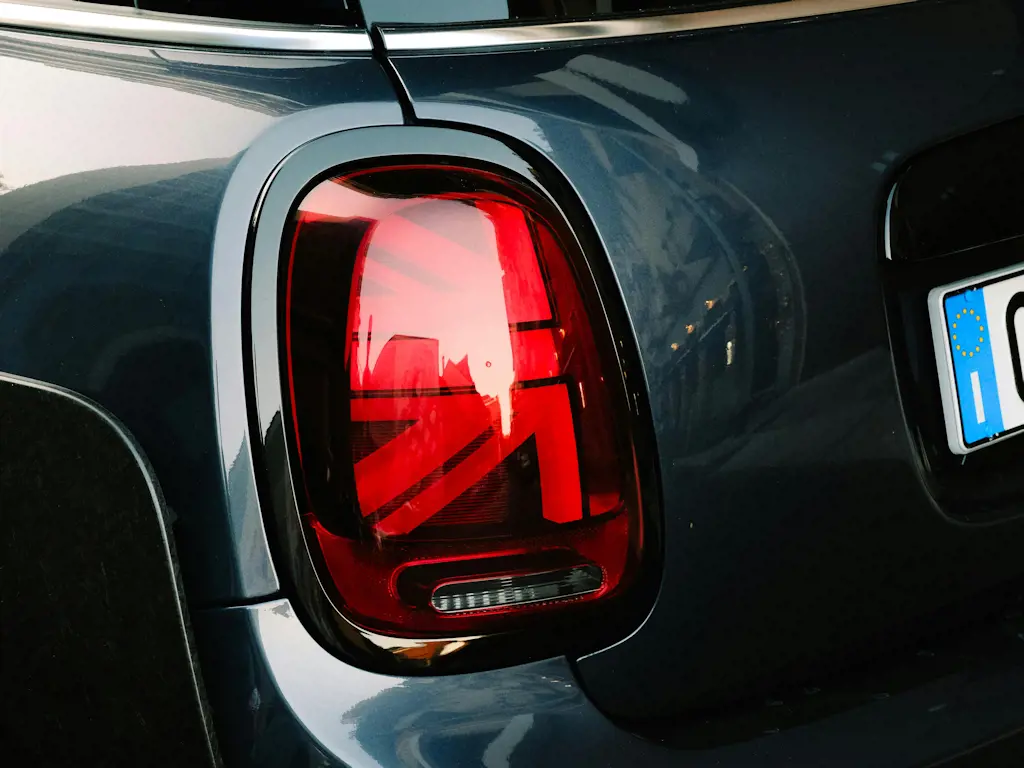
Europe's Automotive Industry: What Startups Can Learn from a Sector in Transition
For founders building the future of mobility, the struggles of Europe’s once-dominant automotive sector offer a powerful lesson: even giants can falter without speed, focus, and collaboration.
The automotive industry has long been a cornerstone of the European economy, representing 7% of GDP and supporting nearly 14 million jobs. Yet since 2017, EU automakers have lost more than 13 percentage points of global market share. Supplier profitability has dropped from 7.4% to just 5.1%. And as McKinsey recently outlined in their March 2025 report, an estimated €370 billion of gross value added is now at risk as the transition to electric vehicles (EVS) accelerates.
The reasons are structural, not cyclical. Five disruptive forces—geoeconomic fragmentation, powertrain uncertainty, digital customer demands, software/ADAS complexity, and China’s rapid ascent—are rewriting the game's rules. For startups and early-stage companies, this is not just a crisis to observe but an opportunity to seize.
Here are five insights founders should take from the McKinsey analysis, along with how to apply them now:
1. Move Faster, Build Leaner
Chinese OEMS now develop vehicles in under 21 months—less than half the time of most European manufacturers. Their secret? Simplified platforms, agile teams, and fewer layers of governance.
This reinforces the value of “fast and frugal” product cycles for startups. Prioritise minimum viable architectures, leverage modular platforms, and ruthlessly cut complexity. Speed to market is your single most significant weapon—especially in sectors like EV software, connected services, and ADAS, where consumer expectations are outpacing legacy players’ ability to deliver.
2. Don’t Build Alone—Partner to Win
McKinsey’s report makes one clear: no player can win this battle alone. Partnerships are essential for developing in-vehicle AI, scaling battery manufacturing, or securing chip supply.
Startups should actively pursue strategic alliances with OEMS, Tier 1 suppliers, infrastructure providers, and competitors. For example, a well-structured pilot with a major auto group can provide the scale and credibility needed to unlock Series A or B funding.
Be selective—but don’t be precious. Shared success beats solo stardom.
3. Own the Interface, Not the Infrastructure
Consumers now demand seamless digital experiences. 59% of EV and 48% of traditional buyers expect their in-car connectivity usage to rise. More than half will not buy a vehicle without smartphone integration.
This opening is for startups focused on software-defined vehicles, infotainment UX, and digital aftersales. Rather than replicating legacy hardware stacks, founders should build layer-specific solutions: own the customer interface, gather the data, and monetise the lifecycle.
In this sense, car companies are becoming more like phone companies, and startups that understand user journeys, not just technical specs, will thrive.
4. Explore Adjacent Value Pools
McKinsey highlights over €250 billion in potential downstream value from EV charging, digital services, battery circularity, and shared mobility by 2035. These are vast, under-penetrated markets where early-stage firms can carve out defensible niches.
Whether enabling second-life battery reuse, building predictive maintenance tools, or deploying data-driven mobility-as-a-service, the shift from “products” to “platforms” creates outsized white space for value creation.
Your business model doesn’t have to look like an OEM to win in the automotive ecosystem. It probably shouldn’t.
5. Build for Talent and Resilience Early
Europe trails North America in key areas like software engineering, battery R&D, and semiconductor design. The startups that win will bake in talent development and resilience from day one.
This means skilling your team not just for today’s MVP, but for tomorrow’s global product. It means engaging universities, securing access to supply chain inputs, and thinking early about regulatory moats (e.g., cybersecurity standards, data compliance).
Resilience isn’t just a big company issue. It’s your competitive edge in a volatile market.
The Road Ahead
While many European OEMS are still restructuring, startups have the agility to lead. The landscape may be chaotic, but it’s also full of cracks where insurgents can rise.
Whether you’re building the next SaaS for EV fleet management, unlocking smarter charging infrastructure, or enabling software-defined vehicle features, this is your moment to move, scale, and challenge incumbents.
The future of mobility will not be decided in boardrooms alone. It will be shaped by the founders who recognise that today’s uncertainty is tomorrow’s advantage.
Have a great week, and full credit to McKinsey for their superb work in framing these insights.
